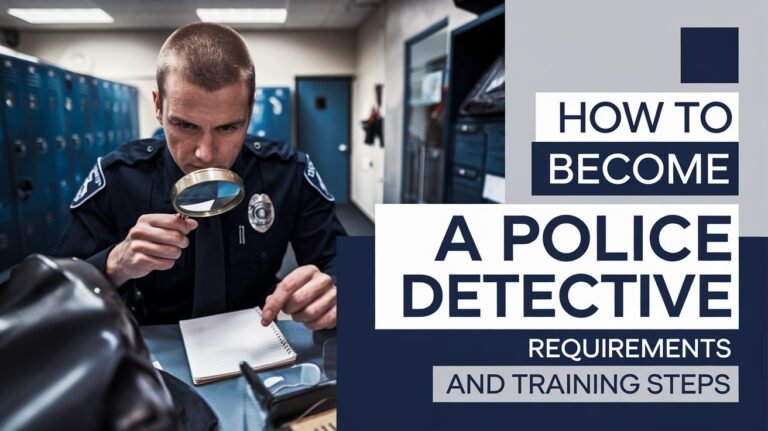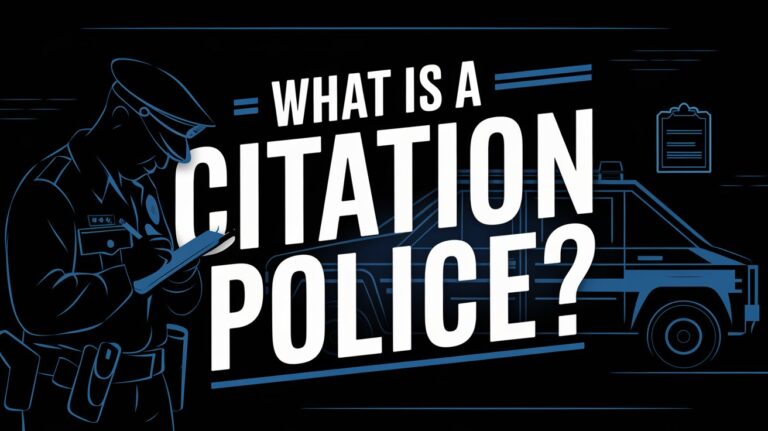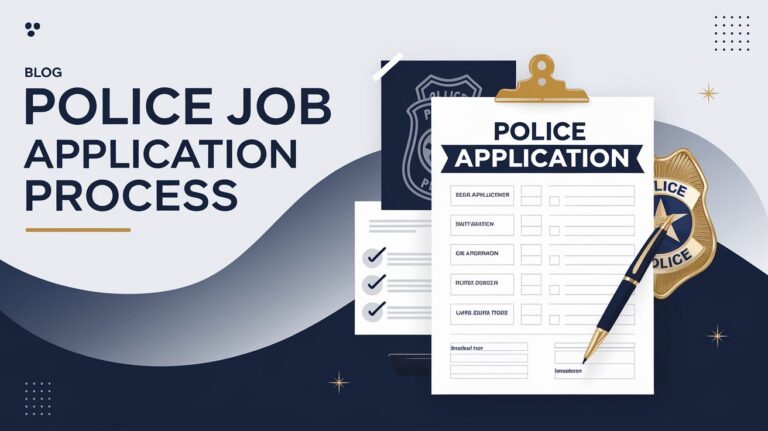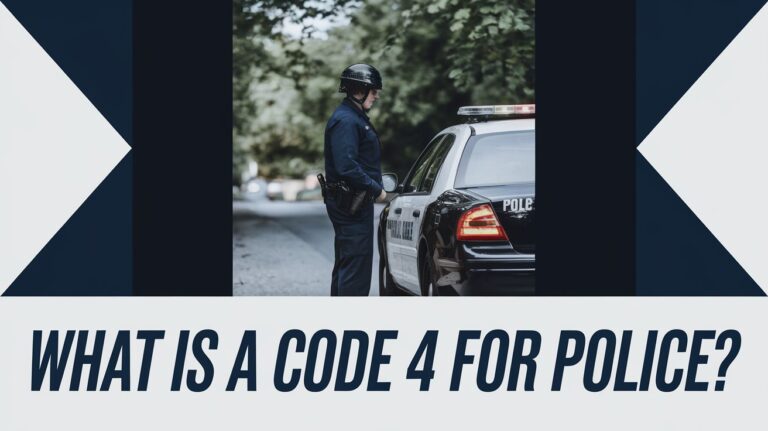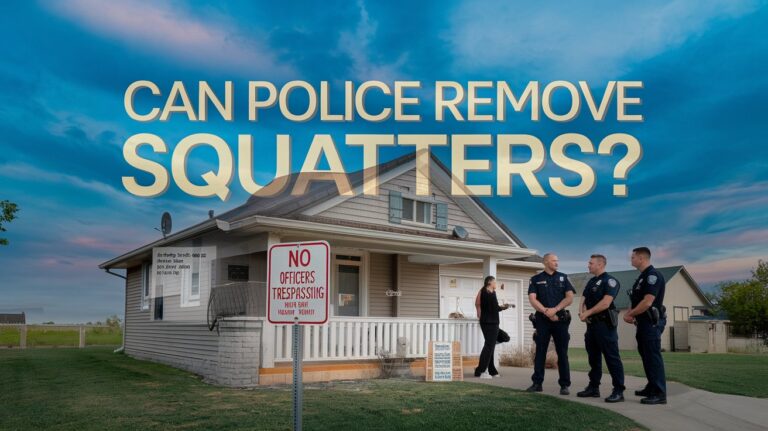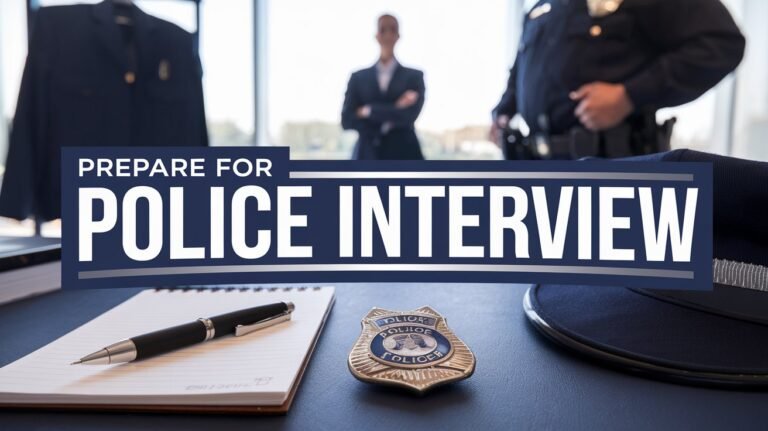Why Are Police Called 12? Unraveling the Mystery Behind the Slang
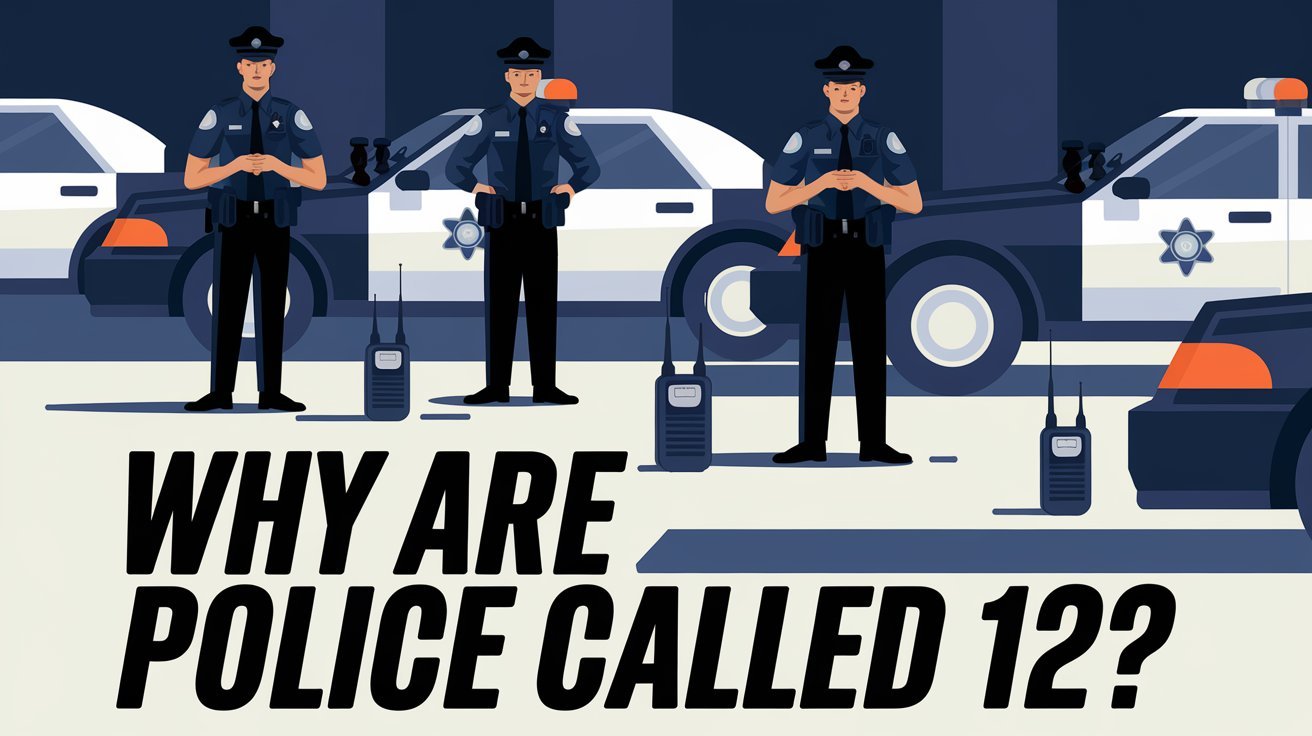
Ever wondered why police are called “12”? This popular slang term has puzzled many and sparked curiosity about its origins. Police are called “12” as a code word to warn others of law enforcement presence. This article digs into the history, spread, and cultural impact of this intriguing nickname for the boys in blue.
The Origins of Calling Police “12”
Popular Theories and Explanations
The exact origin of calling police “12” remains a bit of a mystery, but several theories try to explain it:
- Police Radio Code: Some believe it comes from the old police radio code “10-12,” which meant visitors were present. Officers used this code to alert others that civilians were around.
- Adam-12 TV Show: The popular 1960s police drama “Adam-12” might have influenced the term. The show followed two LAPD officers in their patrol unit, 1-Adam-12.
- ACAB Connection: A more controversial theory links it to the acronym ACAB (All Cops Are Bad). The numbers 1312 sometimes represent these letters, which some people shortened to just “12.”
While we can’t pinpoint the exact source, these theories give us a glimpse into how the term might have started.
Historical Context of Police Nicknames
Nicknaming law enforcement isn’t new. As organized police forces emerged in the early 19th century, so did various slang terms for them. These nicknames often reflected public attitudes towards the police and became part of urban culture.
The Spread of “12” as Police Slang
Regional Popularity and Usage
The term “12” gained traction mainly in the Southern United States, especially in Atlanta and Georgia. It spread through local communities as a quick way to alert others about police presence. Today, you might hear it used across the country, but its roots remain firmly planted in the South.
Influence of Pop Culture and Media
Hip-hop and rap music played a big role in popularizing “12” as police slang. Artists like Migos, Gucci Mane, and others used the term in their lyrics, helping it reach a wider audience. This musical influence pushed the slang beyond regional boundaries and into mainstream culture.
Decoding the Meaning: What Does “12” Represent?
Possible Connections to Police Codes
While the “10-12” radio code theory is popular, it’s worth noting that police codes vary by department. Not all agencies use the same system, which makes pinpointing a universal origin tricky. Still, the idea of a coded warning remains central to the term’s use.
Alternative Interpretations and Symbolism
Some see “12” as a symbol of authority or a representation of the clock positions of an officer’s hands when making an arrest. These interpretations show how slang can take on new meanings as it spreads.
The Evolution of Police Slang Through the Years
Other Common Nicknames for Law Enforcement
“12” isn’t the only slang term for police. Over the years, we’ve seen many others:
- “5-0” (from the TV show Hawaii Five-O)
- “Cops” (simply short for coppers)
- “The Fuzz” (origin unclear, but popular in the 1960s and 70s)
- “Po-Po” (possibly from a repetition of the first syllable of “police”)
Each term reflects the era and culture it came from, showing how language evolves with society.
How “12” Compares to Other Police Slang Terms
Compared to other nicknames, “12” stands out for its numerical nature. It’s less obvious than terms like “cops” or “police,” making it useful for discreet communication. This subtle quality might explain its enduring popularity, especially in situations where people want to avoid drawing attention.
The Cultural Impact of Calling Police “12”
Use in Music and Entertainment
Beyond hip-hop, “12” has found its way into movies, TV shows, and other forms of media. Its use in entertainment both reflects and reinforces its place in popular culture. When characters in a film use “12,” it adds authenticity to street scenes or urban settings.
Social Media and Internet Memes
In the digital age, “12” has become part of internet culture. Memes, tweets, and TikTok videos frequently use the term, often in humorous or satirical contexts. This online presence keeps the slang alive and introduces it to new generations of users.
Controversies and Debates Surrounding the Term
Perceptions of Disrespect vs. Cultural Expression
Not everyone views the use of “12” positively. Some see it as disrespectful to law enforcement, while others defend it as a legitimate form of cultural expression. This debate touches on broader issues of language, respect for authority, and freedom of speech.
Law Enforcement’s Stance on the Nickname
Opinions within law enforcement vary. Some officers take no issue with the term, seeing it as harmless slang. Others feel it creates an unnecessary divide between police and the communities they serve. Departments generally don’t have official policies on such nicknames, leaving it up to individual officers to decide how they feel about it.
The Psychology Behind Using Slang for Authority Figures
Linguistic Analysis of “12” as Police Slang
From a linguistic perspective, “12” is an interesting case of how language can encode meaning. Its brevity and seeming randomness (why 12 and not another number?) make it effective as a code word. It’s easy to say and remember, yet not immediately obvious to outsiders.
Sociological Perspectives on Police Nicknames
Sociologists might view the use of “12” as a way for communities to assert some control over their interactions with authority. By creating and using their own term for police, people can feel a sense of ownership or insider knowledge. It’s a small but significant way of shaping the narrative around law enforcement.
Global Perspectives: Police Nicknames Around the World
Comparison of “12” to International Police Slang
While “12” is primarily an American term, other countries have their own police slang:
- UK: “The Old Bill” or “Bobbies”
- Australia: “The Fuzz” or “Coppers”
- France: “Les Flics”
- Germany: “Die Bullen”
These terms show how creating nicknames for police is a nearly universal practice.
Cultural Differences in Addressing Law Enforcement
How people refer to police often reflects broader cultural attitudes towards authority. In some countries, formal titles are always used out of respect. In others, casual or even humorous terms are common. Understanding these differences can provide insight into various societies’ relationships with law enforcement.
The Future of “12” as Police Slang
Evolving Language and Generational Changes
Language is always changing, and slang terms can fall in and out of fashion quickly. While “12” has shown staying power, its usage might shift over time. Younger generations might adopt it, give it new meanings, or move on to entirely new terms.
Potential New Terms on the Horizon
As society changes, so too might the way we refer to police. New technologies, cultural shifts, or major events could all spark fresh slang. It’s hard to predict what the next big term might be, but it’s sure to reflect the times in which it emerges.
The Lasting Legacy of “12” in Police Terminology
The term “12” for police has carved out a unique place in American slang. From its murky origins to its widespread use today, it’s become more than just a code word – it’s a cultural touchstone. Whether you hear it in a song, see it in a meme, or use it yourself, “12” represents the complex relationship between communities and law enforcement.
As we’ve seen, the reasons why police are called “12” are varied and debatable. But what’s clear is the term’s impact on language, culture, and social dynamics. It serves as a reminder of how powerful and evolving slang can be, shaping our conversations and reflecting our society.
Next time you hear someone say “12,” you’ll know there’s a rich history and ongoing debate behind those two simple digits. It’s more than just a number – it’s a window into how we communicate about and perceive authority in our modern world.

